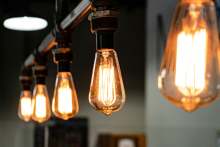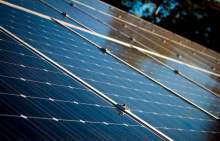No one could claim that the rollout of smart meters has been an easy process, with exaggerated concerns about privacy alongside a plague of technical issues on one side, and overly optimistic claims of savings and environmental benefits on the other.
Yet, four years after launching, it seems that the smart metering system is starting to bear fruits.
What do smart meters do?
Smart meters installed by utility companies allow you to view a half-hourly record of your electricity and gas usage. Obvious impacts include no longer needing to take monthly meter readings manually and being able to see a live feed of your energy usage through the in-home display unit.
However, if the value of smart meters stopped here there wouldn’t be much to get excited about, so why all the hype?
New tariffs launched by energy companies like Octopus and Bulb rely on this half-hourly data to support dynamic time-of-use tariffs (see the article on smart tariffs), where energy prices vary dramatically based on wholesale energy costs.
These smart tariffs are likely to play a major role in the decarbonisation of our energy system, because you can’t turn renewables up and down easily like you can a gas-fired power station, hence you have to move the demand to where the supply is rather than the other way around. They can also help pioneering customers save on their energy bills.
Future uses and developments of smart meters
As smart metering technology matures, new third-party services allow customers to take full advantage of this system and to have control over their data. For example, new energy-switching services are using smart meter data to identify the best tariffs based on personalised energy use.
Smart meter data can also be used to automatically optimise energy use to further drive the uptake of renewable energy by encouraging use when there is a surplus of renewable energy (at a low or even negative cost), and discouraging energy use when there is a burden on the grid and an increased reliance on polluting sources of generation (with a higher associated cost).
In the future, combining smart meter data with other sources of information such as weather data, readings from internal sensors, or solar forecasts could help people better understand their home and energy use, supporting plans for future energy-saving measures and assessing the impact of retrofit works.
Integrating smart meter data with ‘smart home appliances’ such as electric vehicle chargers, can automatically ensure they use energy when there is a surplus of renewable energy and are powered down when there is a higher carbon intensity of the grid.





